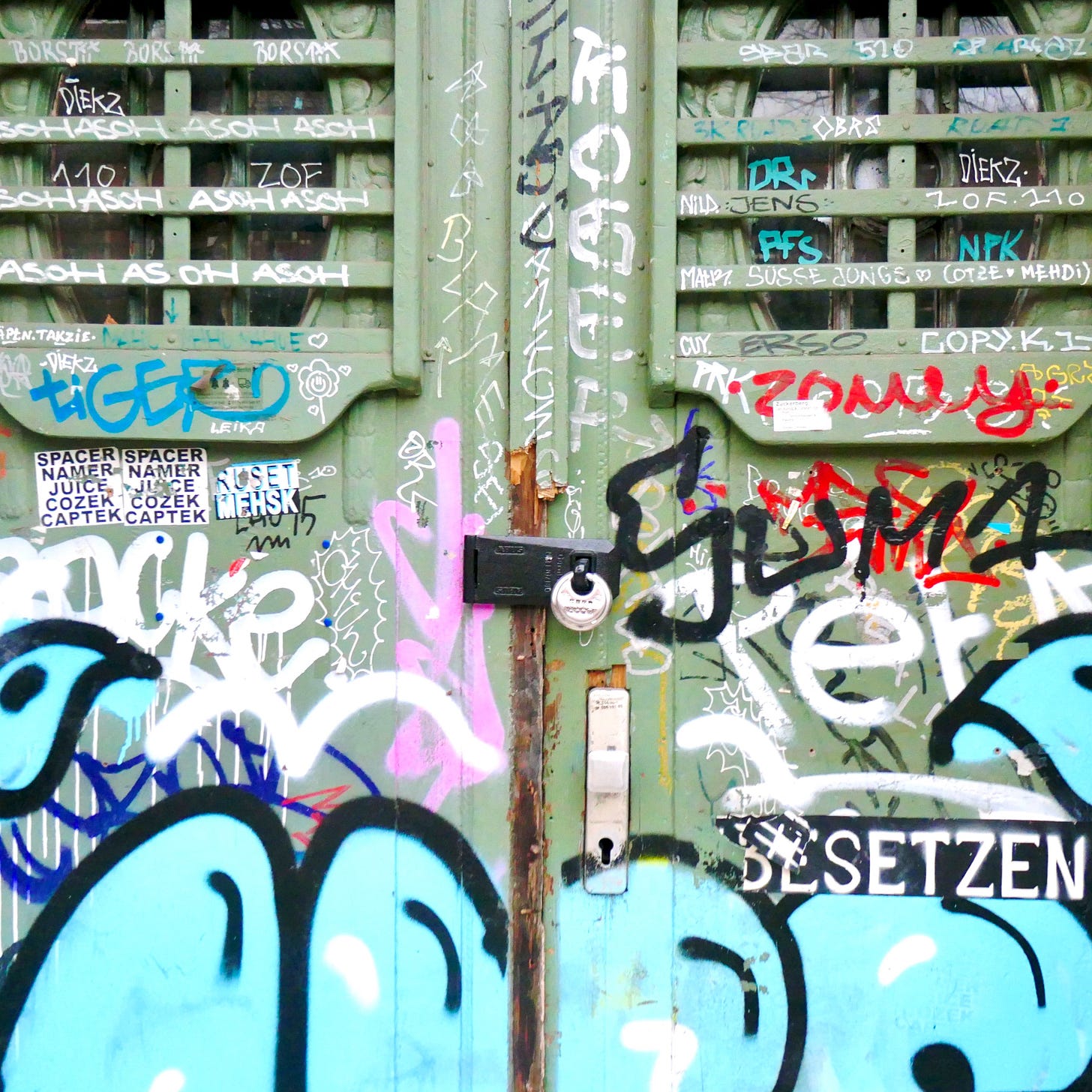Welcome back to Circle Three!
Glad to be in your inbox between Christmas and New Year’s. You’re not alone: nobody else knows what day it is either.
This week find a Big Idea about simplicity, links about Spotify and virtual assistants, and my thoughts on Resolutions, Productivity, & Time. Some things will serve you into 2021, some will help enjoy the last days of 2020.
Last week’s most-clicked link, with 13% of opens, was the article on What is Enough? Thanks for being a part of this circle. Let’s create something. Enjoy!
-Dan
One Big Idea
“It is always the simple that produces the marvelous.” - Amelia Barr
Simple doesn’t always mean ordinary. A simple but well-designed product will expertly serve its purpose. A simple action like an artist creating a masterpiece or an athlete swinging effortlessly is inspiring. What’s something simple yet marvelous you encounter?
Circles of Thought
For all those on the aux this holiday: Boil the Frog is a fun use of Spotify API to seamlessly create a playlist between any two artists. Now you can connect Michael Bublé and Chopin and make everyone at the party happy.
A call has gone out. Professor Scott Galloway writes about the need to answer this call, for all of us who are able to receive the vaccine. “As of mid-December, scientists had published 74,000 papers related to a virus that nobody had heard of 12 months earlier.”
Do you know your Myers-Briggs personality type? Here’s how it might correlate to your income level. Check my type out over here.
Fancy Hands is here to outsource your small tasks. You can make virtual requests (like “set up my car rental”) each month. A pretty cool option for those interested in disconnecting more in 2021 and getting back those 30 minutes.
Continuing the theme from One Big Idea, read about the conservation of complexity and why life can’t really be simpler. Simplicity is a constant set of tradeoffs.
Resolutions, Productivity, & Time
Understanding resolutions, timelines, and the impacts leaders can make.
We are the leader of our lives. And leaders make decisions.
This time of year, a lot of decisions are called resolutions.
Many of us choose to retool some of our decisions around the beginning of the year. The new year will be a time of productivity and fitness. So we hope.
The first day of January is as arbitrary as any day to start a resolution. June 7th might be a better option if you have the people and tools at that time. But the holidays, time with loved ones, and cold winter months make it the perfect time for reflection. In case we haven't had enough time for reflection this year.
Leaders are tasked with making a better future. And we are the leaders of our lives.
What is challenging, but important, is to frame resolutions in the long-term. At a personal level, long-term approaches enable us to make fundamental lifestyle changes for habits and resolutions to last. At a large scale, this long-term viewpoint is "Cathedral Thinking": planning beyond just one human lifetime. It's about building magnificent cathedrals over hundreds of years; answering the question: "How can we be good ancestors?"
This is not to say that all of our actions or resolutions must be targeted towards a higher purpose like thinking of our ancestors. Pixar's new movie Soul drives home this point. We of course have passions that drive much of our life. These passions center us, as jazz music does for Joe in the movie. But to Soul's point, the small joys, familiar routines, and complex emotions of life are as important.
This is an invitation to consider the short-term drivers that constantly pull at our attention and the long-term drivers that will make substantial change. What will your resolutions look like one, five, or ten years into the future?
State of the Circle
If you like what you’re reading and want to share it, click below!






